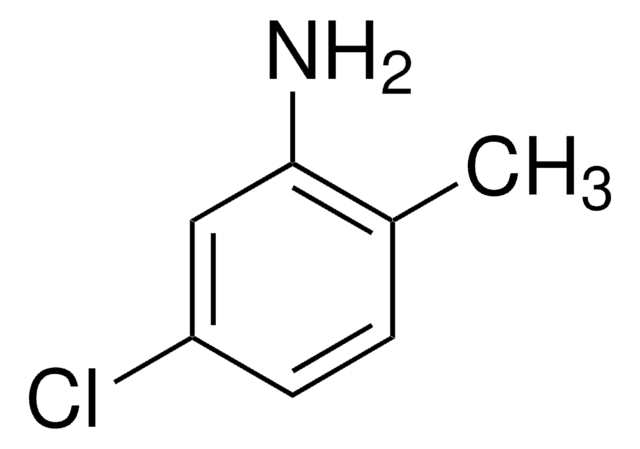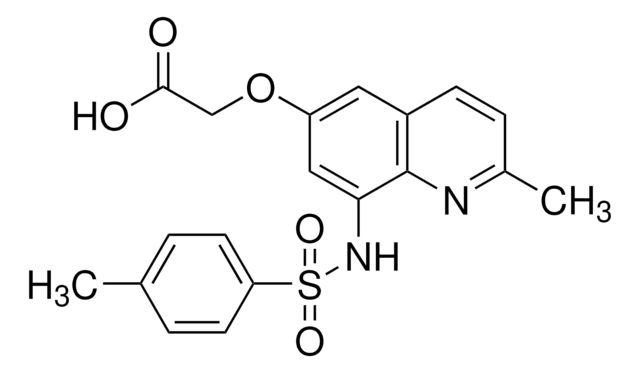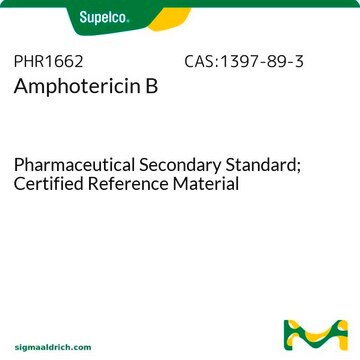SML1542
Sitamaquine tosylate
≥98% (HPLC)
Synonym(s):
6-Methoxy-8-(6-diethylaminohexylamine)-4-methylquinoline tosylate, N-[6-(Diethylamino)hexyl]-6-methoxy-4-methylquinolin-8-amine tosylate, N1,N1-Diethyl-N6-(6-methoxy-4-methyl-8-quinolinyl)-1,6-hexanediamine tosylate, NSC 2452, WR-6026
About This Item
Recommended Products
Quality Level
Assay
≥98% (HPLC)
form
powder
color
white to beige
solubility
H2O: 15 mg/mL, clear
storage temp.
2-8°C
SMILES string
CC1=C(C=C(OC)C=C2NCCCCCCN(CC)CC)C2=NC=C1.CC3=CC=C(S(=O)(O)=O)C=C3
InChI
1S/C21H33N3O.C7H8O3S/c1-5-24(6-2)14-10-8-7-9-12-22-20-16-18(25-4)15-19-17(3)11-13-23-21(19)20;1-6-2-4-7(5-3-6)11(8,9)10/h11,13,15-16,22H,5-10,12,14H2,1-4H3;2-5H,1H3,(H,8,9,10)
InChI key
LOBPWLFCZDGYKW-UHFFFAOYSA-N
Biochem/physiol Actions
Storage Class Code
11 - Combustible Solids
WGK
WGK 3
Certificates of Analysis (COA)
Search for Certificates of Analysis (COA) by entering the products Lot/Batch Number. Lot and Batch Numbers can be found on a product’s label following the words ‘Lot’ or ‘Batch’.
Already Own This Product?
Find documentation for the products that you have recently purchased in the Document Library.
Our team of scientists has experience in all areas of research including Life Science, Material Science, Chemical Synthesis, Chromatography, Analytical and many others.
Contact Technical Service








